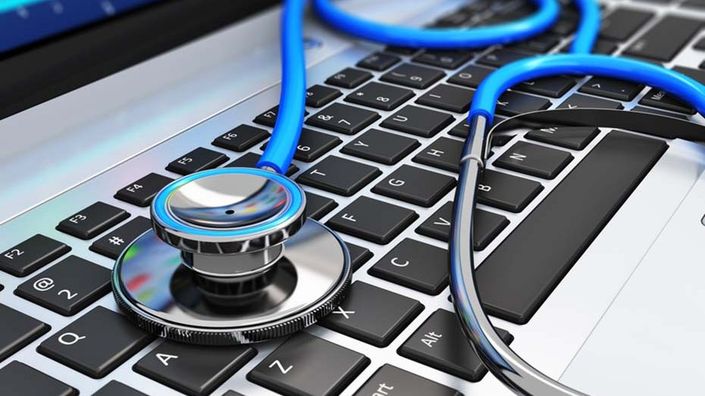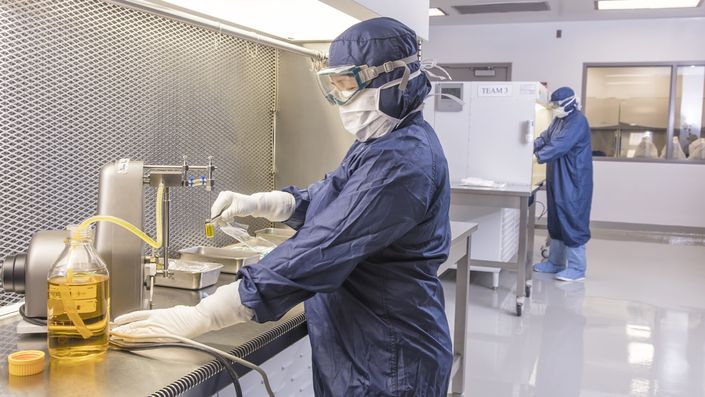Course Overview
This session provides a deep dive into the European Union regulatory landscape for digital medical devices integrating Artificial Intelligence (AI).
In addition to EU MDR 2017/745, numerous other EU regulations and national regulations apply to the development, approval and documentation of digital medical devices with AI components, the sheer number of which can make even well-informed manufacturers and developers lose track. In addition, various legal deadlines expire or have already expired by 2031, with further requirements to be met with each deadline. For example, the AI Act is already legally binding and applicable, while the regulations on the European Health Data Space (EHDS) have several transitional periods. It is also often unclear what exactly the legislator means by a digital medical device and how an AI component affects the requirements. It should also be borne in mind that digital products that become part of a critical infrastructure must comply with the NIS2 Directive or the KRITIS Umbrella Act. This seminar systematically guides you through the requirements for digital medical devices with AI components in the regulatory role of manufacturer and contract developer. It provides you with a structured approach on how to comply with and apply the current and future regulations.
The development and marketing of digital medical devices with AI components is subject to numerous European regulations. In addition to the EU Medical Device Regulation (MDR), the AI Act, data protection requirements (GDPR) and standards such as IEC 62304, ISO 14971 and ISO/IEC 42001 are increasingly coming into focus.
This compact 4-hour specialist course provides manufacturers, developers and quality managers with a systematic overview of the regulatory requirements that must be observed when developing and placing AI-based medical software on the market in Europe.
Why Should You Attend
You should attend this webinar to understand, what are the changes to the previous ISO 14971 and how to implement the changes in your risk management file in a simple and quick way. Your implementation time can be shorter with a good plan and approach and need smart ideas to reach the right level to pass the expectation by your certification company or notified body.
Agenda
What is a digital medical device with an AI component?
- Definition of the term from the perspective of various applicable regulations.
- Comparison of different terms and definitions.
- Definition and differentiation from digital health applications (DiGA)
where can the requirements for digital medical devices be found in the EU MDR 2017/745?
which other EU regulations and EU directives apply?
- AI Act, Data Act, Data Governance Act, EHDS Act, GDPR, NIS-2, new Product Liability Directive.
Which mandatory harmonized standards apply?
How do the various regulations interact and what impact does this have on the development and approval process and product documentation?
Transitional periods
- When do which transition periods expire and what does this mean for manufacturers and operators of digital medical devices?
- A parallel overview of the deadlines for all the regulations discussed here
Who Will Benefit
- Regulatory Affairs Professionals – seeking to understand how the EU MDR, IVDR, and AI Act apply to AI-driven medical devices.
- Quality Assurance and Quality Management Teams – responsible for maintaining compliant QMS, risk management, and lifecycle documentation.
- Medical Device Manufacturers – developing or marketing digital health technologies with integrated AI components in the EU.
- Clinical and Safety Specialists – involved in clinical evaluation, post-market surveillance, and AI model performance monitoring.
- Compliance and Legal Teams – ensuring company adherence to EU regulatory frameworks, data protection laws, and AI governance requirements.
- Notified Bodies and Auditors – reviewing and assessing technical documentation, conformity procedures, and AI system compliance evidence.
Hear from Our Learners: Real Success Stories
⭐️⭐️⭐️⭐️⭐️
This training gave us a clear roadmap to align our AI-based medical software with both the MDR and the new AI Act. The real-world examples made complex regulations easy to understand.”
— Regulatory Affairs Manager, Medical Device Company
⭐️⭐️⭐️⭐️⭐️
Excellent insights into EU compliance expectations for AI technologies. The session helped our quality team strengthen documentation and audit readiness.
— QA/RA Lead, Digital Health Startup
⭐️⭐️⭐️⭐️⭐️
A must-attend for anyone developing or certifying AI-driven medical devices. The course clarified the intersection between MDR, IVDR, and AI Act obligations.
— Clinical Compliance Specialist, Biotech Firm
✅ Frequently Asked Questions (FAQ)
1. What EU regulations apply to digital medical devices with AI components?
AI-based medical devices must comply with the EU Medical Device Regulation (MDR 2017/745) or In Vitro Diagnostic Regulation (IVDR 2017/746) and, from 2026 onward, the EU Artificial Intelligence Act (AI Act). These frameworks together define safety, performance, and ethical AI requirements.
2. How does the AI Act affect medical device manufacturers?
The AI Act classifies most medical AI systems as “high-risk”, requiring strict data governance, transparency, human oversight, and continuous monitoring. Manufacturers must integrate these AI-specific controls into their existing MDR-compliant quality systems.

Know Your Faculty Frank Stein
Senior Expert Medical Devices, Frank Stein healthcare projects
Dr. h.c. Frank Stein is a highly accomplished medical engineer with over 25 years of clinical, research, and industrial experience across multiple medical disciplines, including cardiac surgery, cardiology, ophthalmology, neurology, traumatology, and dental implants.
He has extensive expertise in active medical devices and implantable technologies, combined with international experience in regulatory consulting and medical device projects across Europe, North America, Asia, Australia, the Middle East, and Latin America.
Dr. Stein brings a unique combination of clinical insight, engineering expertise, and global compliance knowledge, helping organizations successfully navigate the complex regulatory landscape for medical devices and active implants.






